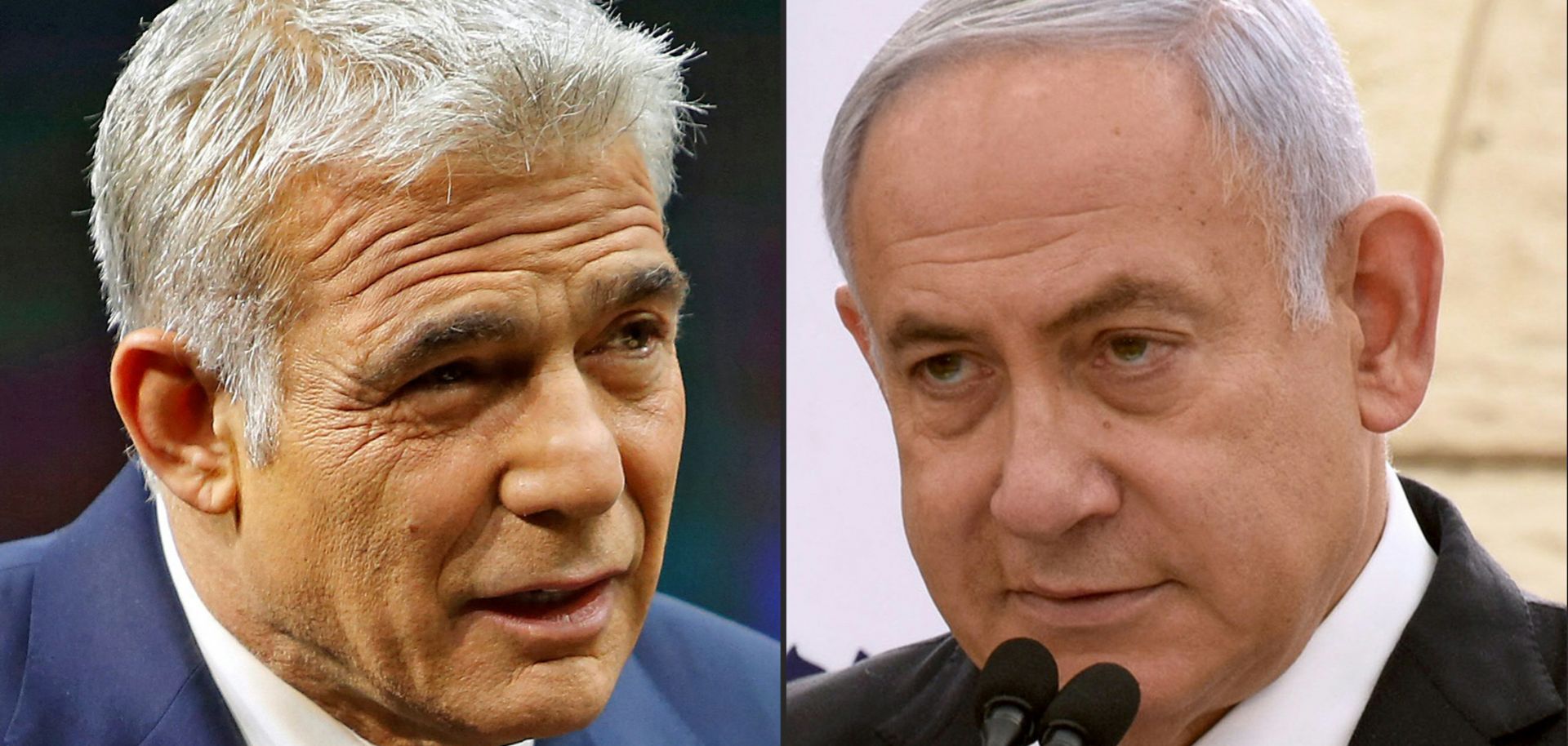Israel may soon emerge from its period of prolonged political paralysis, but demands for structural change to its political system and social tensions produced by far-right Israelis are likely to persist. On May 4, Israeli Prime Minister Benjamin Netanyahu lost his second mandate to form a government in less than two years. His rivals, led by Yair Lapid of the centrist Yesh Atid party, appear to have cobbled together a unity coalition with seven of the 13 parties that won seats in the March 23 election. If Yesh Atid is able to convince Israel’s Islamist Ra’am party to join the coalition, the additional four seats would bring it over the 61-seat threshold needed to form a government and remove Netanyahu from power after 12 years. Such a unity government would bring together Israel’s settlers, anti-corruption centrists, anti-Netanyahu nationalists, Islamists, leftists and liberals, while excluding the far-right, ultra-Orthodox and nationalists who...

